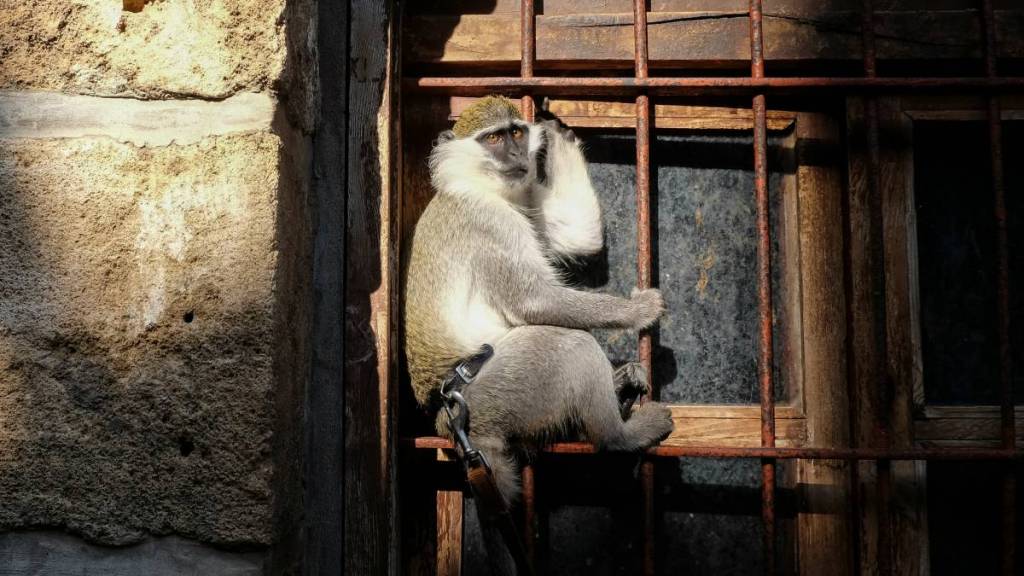The health department sounded an alert in Karnataka after two people died from what’s known as ‘Kyasanur Forest Disease’ (KFD). This is also known as ‘monkey fever’. The deaths have sparked stringent health precautions in the state. The health officials are reviewing present protocols to prevent the further spread of the viral infection.
The first ‘monkey fever’ death was reported on January 8 in Hosanagar taluk of Shivamogga district where an 18-year-old girl lost her life to the virus. The second fatality took place in Manipal, Udupi district, involving a 79-year-old man from Sringeri taluk in Chikkamagaluru.
According to PTI, Karnataka has seen a total of 49 confirmed cases of monkey fever, with the highest number (34 cases) reported in Uttara Kannada district, followed by 12 in Shivamogga, and three in Chikkamagaluru district. Due to the rising number of cases and fatalities, the Health and Family Welfare Commissioner, D Randeep, visited Shivamogga and held meetings with health officials from the affected districts.
The Health Commissioner stated that since January 1 of this year, the Health department has collected 2,288 samples from the affected districts, with 48 testing positive for KFD. Precautionary measures are being taken, and officials are working closely with the affected districts to prevent the spread.
Officials say that at present, there is no vaccine available for KFD, and efforts are underway to address this issue through the Indian Council of Medical Research (ICMR).
How monkey fever spreads: Tick bites to monkeys to humans
Kyasanur Forest Disease is transmitted through tick bites, with ticks usually surviving on monkeys. When these ticks bite humans, it causes the infection. Humans can also contract the disease by coming in contact with cattle bitten by ticks.
The authorities are conducting door-to-door awareness programs to educate people about precautions, especially those living near forest areas, who are at a higher risk of contracting the disease. The previously provided vaccine was found to be ineffective, prompting officials to seek a more suitable solution through ICMR.









